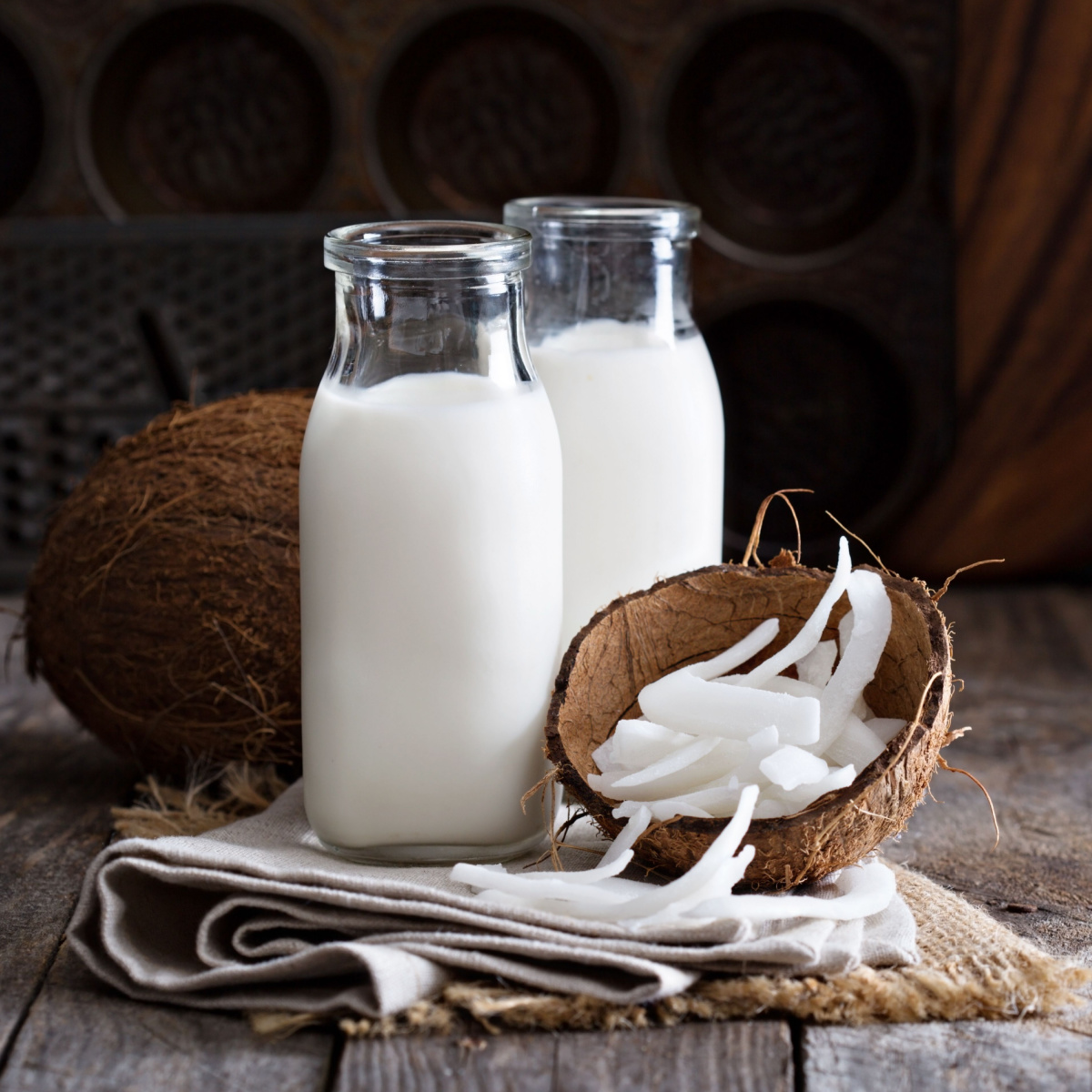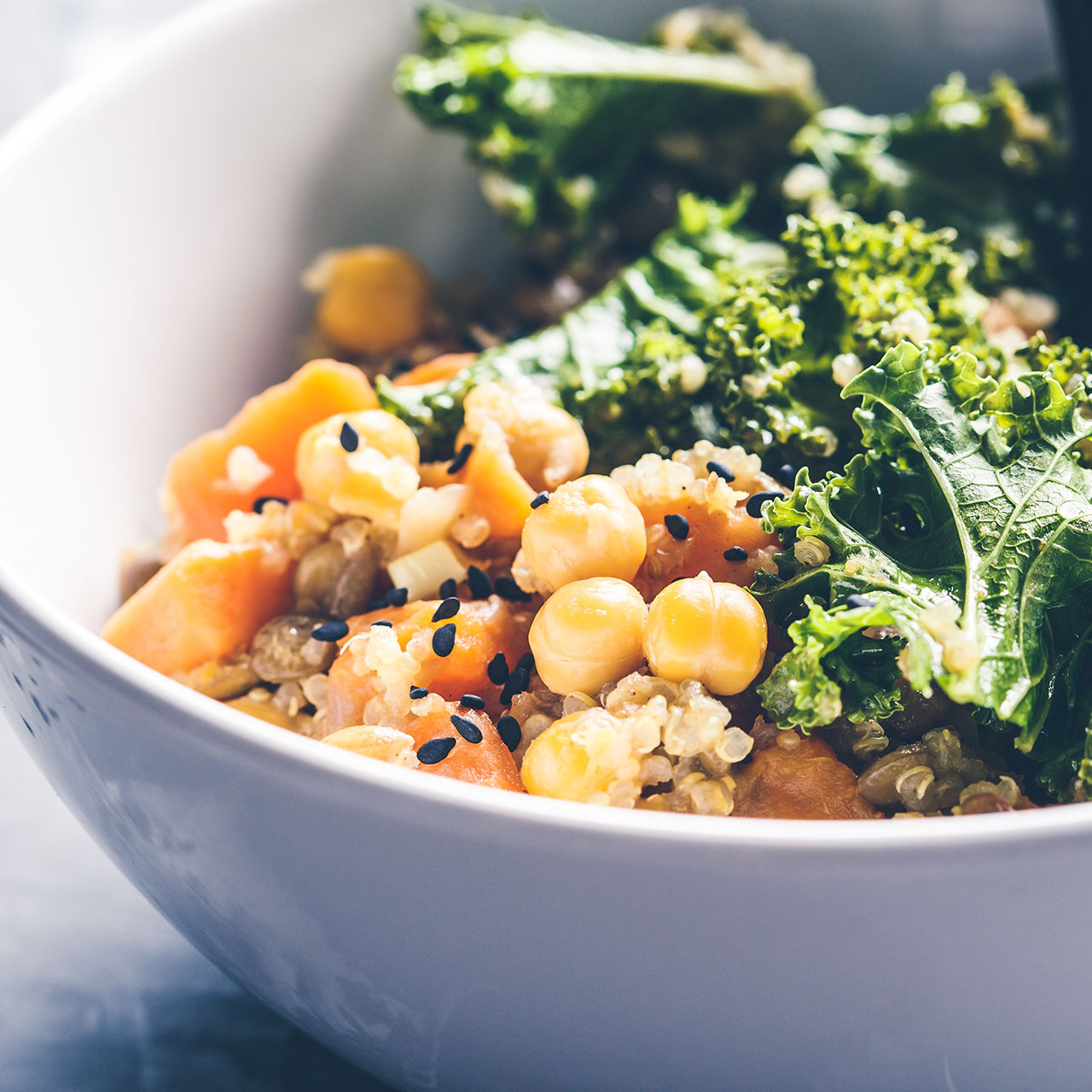Milk has long been regarded as a staple in many diets, prized for its nutritional value and versatility. However, not all types of milk are created equal when it comes to their impact on health, particularly in relation to inflammation and weight loss.
While milk is a rich source of essential nutrients like calcium and protein, certain varieties may contribute to inflammation in the body, hindering weight loss efforts.
This raises questions about the types of milk that should be consumed or avoided for optimal health outcomes.
We spoke with nutritionist Mary Sabat, and Trista Best, registered dietitian at Balance One Supplements, to learn about two types of milk that can contribute to inflammation and weight gain. They revealed that non-organic whole milk and coconut milk are the ones to limit.


Non-organic Whole Milk
Non-organic whole milk has been associated with potential drawbacks related to inflammation and weight gain. This type of milk may contain elevated levels of saturated fats, which, when consumed in excess, can contribute to inflammation.
Additionally, the higher fat content in whole milk increases its calorie density, potentially leading to weight gain if not consumed in moderation.
"The worst milk option out there is non-organic whole milk. Whole milk makes the product higher in cholesterol and saturated fat, both of which can lead to inflammation and weight gain," Sabat warns. She continues to add, "In addition, fat carries toxins, so a non-organic whole milk may have toxins that are not only inflammatory but detrimental to health."

Coconut Milk
Coconut milk, although prized for its rich flavor and creamy texture, can be associated with concerns related to inflammation and weight gain. While coconut milk contains medium-chain triglycerides (MCTs), which may offer some health benefits, it is also high in saturated fats. Consuming excessive amounts of saturated fats has been linked to inflammation and an increased risk of cardiovascular issues.
"Coconut milk, while rich and flavorful, can contribute to weight gain and potentially slow metabolism due to its high fat content," Best reveals.
"Although these fats are primarily saturated, which can impact cardiovascular health, they are calorie-dense," and this "excessive calorie intake, regardless of the source, can lead to weight gain," she notes.
Moderation is especially key here as Best explains, "Coconut milk's rich texture might encourage larger portion sizes, further increasing calorie consumption."


























